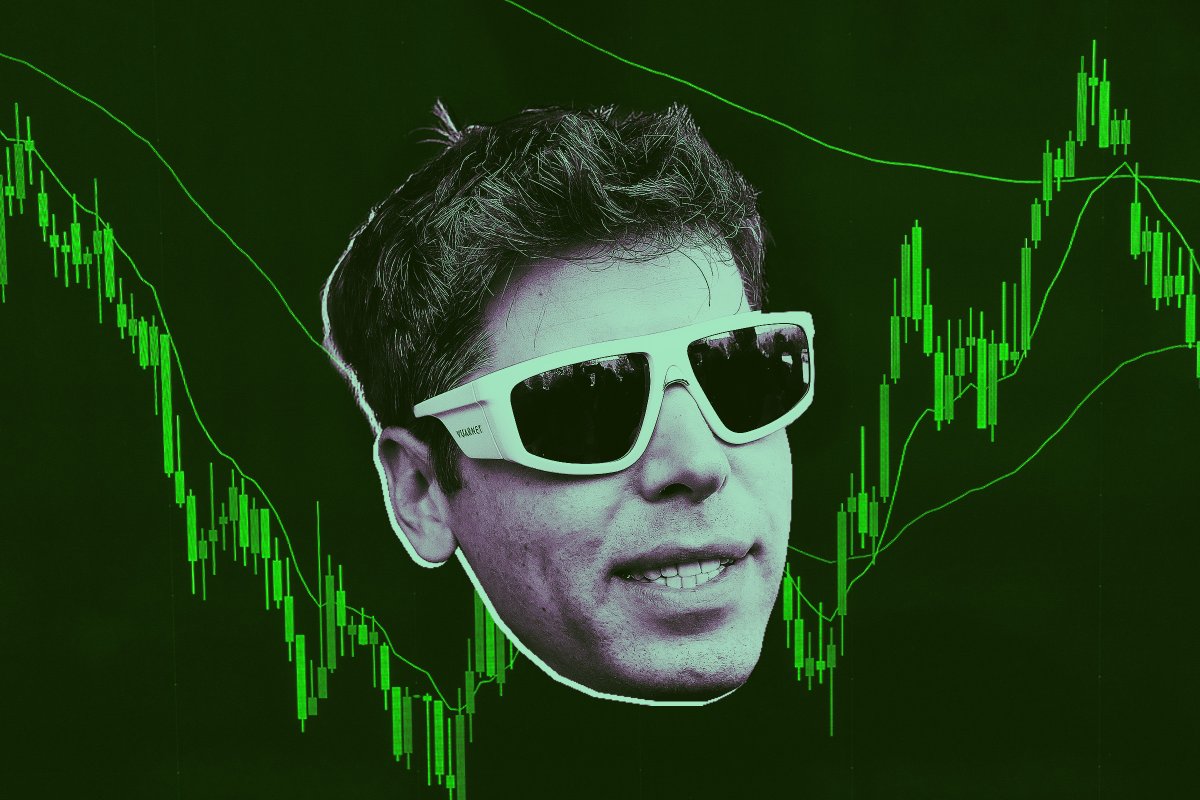
"The company behind ChatGPT, OpenAI, might be the world's most valuable private company on paper - but in real life, it's hemorrhaging money faster than it can ever hope to pay back, at least for now. According to Agence France-Presse, OpenAI is ordering hundreds of billions of dollars worth of AI semiconductor chips at a time when investor confidence is being stretched to its limits. Those chip investments include deals inked with Nvidia, AMD, and Broadcom, units AFP estimates would consume power equivalent to "20 standard nuclear reactors.""
"In short, there's an astronomical amount of money up in the air - so much so that the rest of the US economy now depends on the AI industry not dropping the ball. Or, as Bernstein Research analyst Stacy Rasgon put it in a note to investors, Sam Altman "has the power to crash the global economy for a decade or take us all to the promised land." "Right now, we don't know which is in the cards," she added."
"But what exactly that "promised land" looks like - and who it's for - remains a blind spot which analysts like Rasgon have been careful to tip-toe around. As some tech critics warn, the major gulf between AI spending and revenue isn't a sign that investors have all lost their minds. Rather, it's evidence of a brazen bet on the tech"
OpenAI is making massive AI semiconductor purchases worth hundreds of billions, with agreements spanning Nvidia, AMD, and Broadcom and energy use likened to 20 nuclear reactors. Analysts estimate recent commitments could require hundreds of billions to service and suggest total obligations may exceed $1 trillion. The company holds a roughly $500bn valuation while generating about $13bn in annual revenue, mostly from ChatGPT subscriptions. The large gap between spending and revenue creates systemic economic risk and uncertainty about who will benefit from AI’s potential gains and whether the bets will pay off.
Read at Futurism
Unable to calculate read time
Collection
[
|
...
]